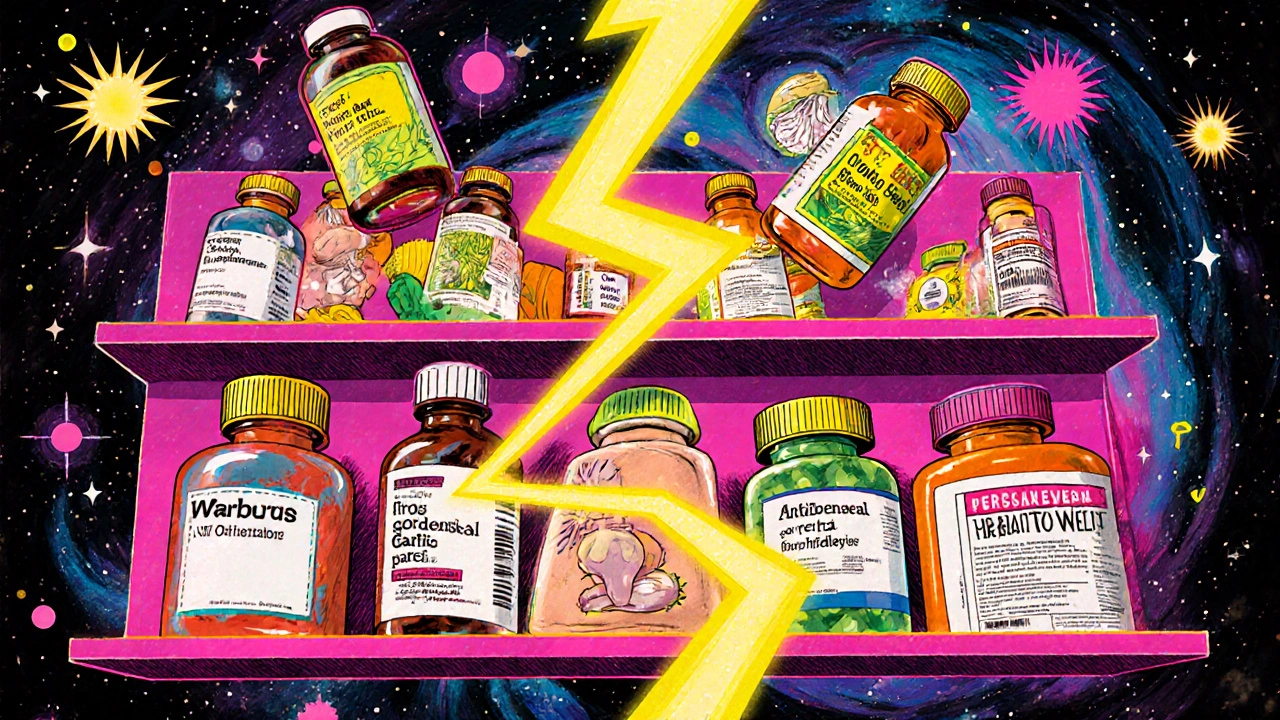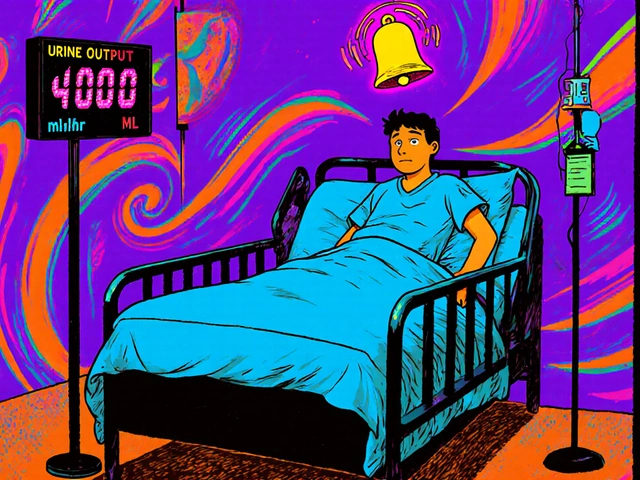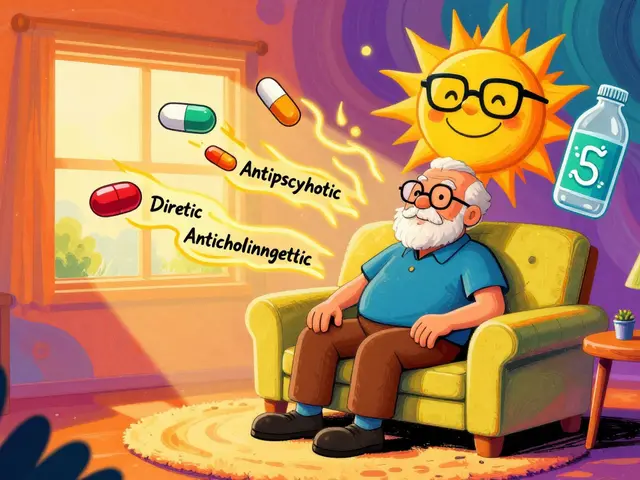Prescription Drugs: What You Need to Know About Safety, Alternatives, and Side Effects
When you take a prescription drug, a medication approved by health authorities for treating specific conditions under medical supervision. Also known as controlled medication, it’s meant to help—but not all risks are obvious. Millions rely on these drugs daily, but many don’t know how to spot danger signs, check for interactions, or even question whether a cheaper alternative might work better. A statin might lower your cholesterol, but if it’s causing muscle pain, you’re not alone—and there’s a genetic test that could help you switch to a safer option. A painkiller like ibuprofen might ease your backache, but stacking it with another NSAID could damage your kidneys without you even noticing.
Drug safety, the practice of preventing harm from medications through monitoring, reporting, and informed use isn’t just for doctors. It’s your job too. If you’ve ever felt dizzy after starting a new pill, or noticed your skin breaking out after taking acitretin, you’ve seen side effects firsthand. That’s why systems like MedWatch exist—to let patients report problems directly to the FDA. These reports aren’t just paperwork; they help catch dangerous patterns before they hurt more people. And when it comes to medication interactions, harmful overlaps between drugs, supplements, or even foods, ignorance is expensive. Didanosine can turn deadly if mixed with certain HIV meds. Bactrim can clash with blood thinners. Even something as simple as grapefruit juice can mess with statins. These aren’t rare cases—they’re common mistakes that happen because no one told you to ask.
It’s not just about avoiding harm. It’s about finding what works best for you. Not everyone reacts the same way to statin side effects, muscle pain, fatigue, or liver issues caused by cholesterol-lowering drugs. Some people handle simvastatin fine; others get wrecked by it—even at low doses. Pharmacogenomics testing can tell you which statin your body will tolerate before you even take the first pill. Same goes for allergy meds: Claritin might be your go-to, but if you’re still sneezing, Zyrtec or Allegra might be the real fix. And if you’re on a long-term drug like carbimazole for thyroid issues, knowing how to monitor your blood counts and spot early signs of liver stress could keep you out of the hospital.
Pharmacy errors? They happen more than you think. Early refills, duplicate prescriptions, wrong dosages—these aren’t just clerical mistakes. They’re preventable dangers. The same tools that help pharmacies avoid these errors can help you too. Keep a list of everything you take. Ask your pharmacist to check for conflicts. Don’t assume a new pill is safe just because it’s sold online. If you’re buying generic Cialis or Allegra, make sure the site is legit. Scams don’t just cost money—they cost health.
This collection isn’t about scare tactics. It’s about clarity. You’ll find real comparisons between common drugs—like how allopurinol stacks up against febuxostat for gout, or why domperidone is used in pets but banned in humans. You’ll see how desmopressin helps after surgery, how dapoxetine boosts confidence beyond its main use, and why yoga might reduce your asthma meds. Every article here is grounded in what patients actually experience—not theory, not ads, not hype. If you’re managing a chronic condition, recovering from surgery, or just trying not to get sick from your own medicine, these are the answers you need.
Herbal Supplements That Interact with Common Prescription Drugs
Herbal supplements like St. John's Wort and ginkgo biloba can dangerously interact with common prescription drugs, reducing effectiveness or causing life-threatening side effects. Learn which herbs are risky and what to do to stay safe.





